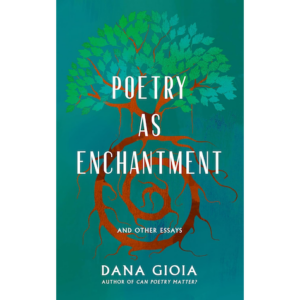
The Transformed Vision of Samuel Taylor Coleridge
Poet Malcolm Guite explores the dramatic and even prophetic parallels between the life of Samuel Taylor Coleridge and that of the titular character in his famous poem “The Rime of the Ancient Mariner.” (59 minutes)
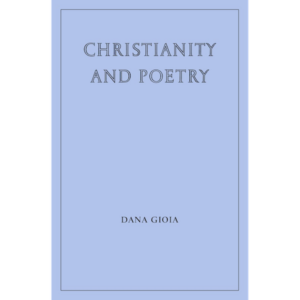
The idiom for the revelation of mystery
Dana Gioia on the foundational place of poetry in Christian faith
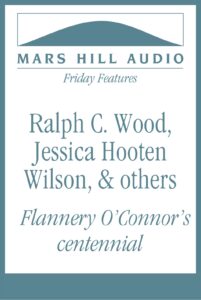
Flannery at 100
In honor of Flannery O’Connor’s 100th birthday, we have gathered here an aural feast of interviews with O’Connor scholars and aficionados discussing her life, work, and faith. (3 hours, 28 minutes)

Ideas made incarnate
In this lecture, Karen Swallow Prior examines the power of great literature to shape lives, nourish imaginations, and develop a vision of the good life. (43 minutes)
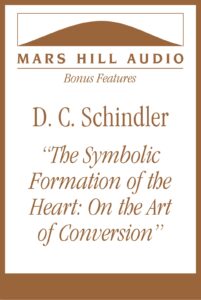
Knowing by heart
D. C. Schindler reflects on Plato’s idea of “conversion” in education, assuming the symbol of the heart as the center of man. (39 minutes)
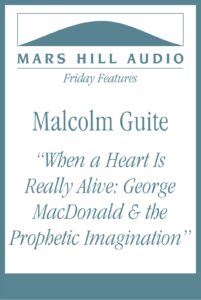
A prophetic “wake-up call”
In this 2024 lecture honoring the bicentennial of George MacDonald’s birth, Malcolm Guite explores MacDonald’s power to awaken readers’ spirits and effect in them a change of consciousness. (59 minutes)

Perceiving truths that dazzle gradually
Rolland Hein on lessons from George MacDonald about the imagination as a spiritual faculty
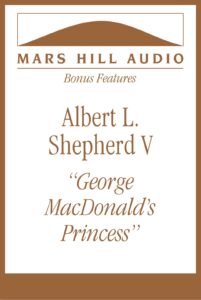
Foolishness, gravity, and the Church
In this essay, Albert L. Shepherd V explains why George MacDonald’s story “The Light Princess” is meant for “all who are childlike in faith and imagination.” (8 minutes)
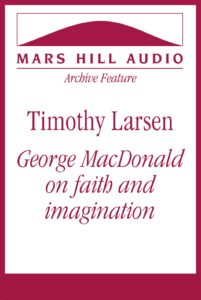
Victorian ideas about belief and doubt
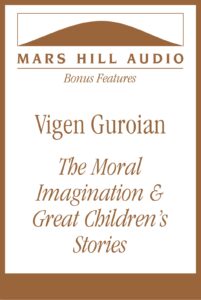
Apprehending the enduring things
Vigen Guroian explains how children’s literature has the capacity to birth the moral imagination in our children, affirming for them the permanent things. (53 minutes)
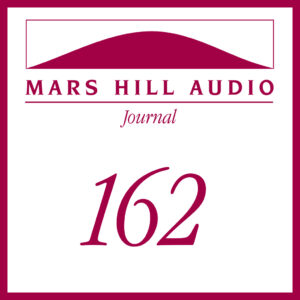
Mars Hill Audio Journal, Volume 162
FEATURED GUESTS: Mark Noll, R. Jared Staudt, Paul Weston, William C. Hackett, Hans Boersma, and David Paul Baird
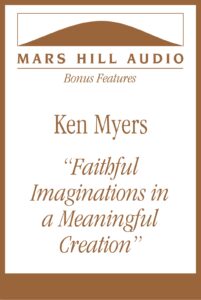
Developing a Christian aesthetic
In the inaugural lecture for the Eliot Society, titled “Faithful Imaginations in a Meaningful Creation,” Ken Myers addresses the question of the relationship between the arts and the Church. (59 minutes)
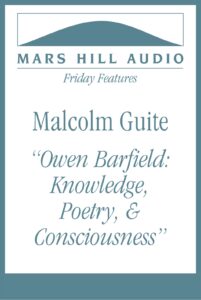
The rediscovery of meaning
Poet and theologian Malcolm Guite explains Owen Barfield’s idea of the development of consciousness over time, an evolution made evident through language that reveals an earlier, pre-modern way of seeing the world. (63 minutes)
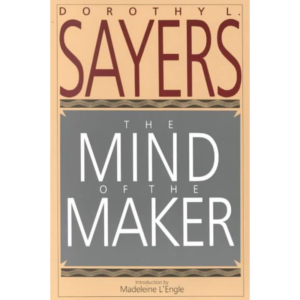
In the image of an Imaginer
Dorothy L. Sayers on the inevitability of analogical language about God (and everything else)
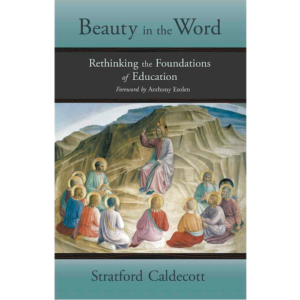
Teaching for wonderfulness
Stratford Caldecott on why education is about how we become more human, and therefore more free
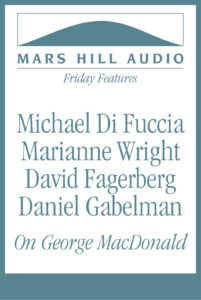
A George MacDonald symposium
Excerpts from four interviews talking about the work of George MacDonald: Michael Di Fuccia, Marianne Wright, David Fagerberg, and Daniel Gabelman. (28 minutes)
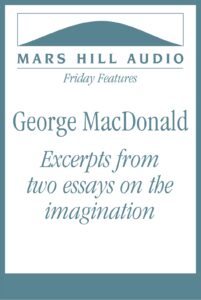
George MacDonald on the imagination
Readings from two essays by George MacDonald about how the human imagination is “made in the image” of God's imagination. (20 minutes)
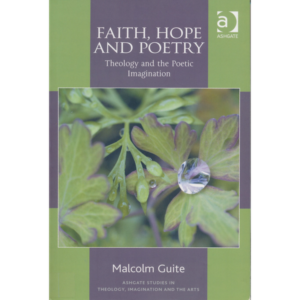
The story of the demotion of stories
Malcolm Guite on the Enlightenment’s rash dismissal of poetic knowledge
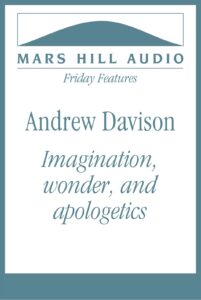
Faith born of wonder
Theologian Andrew Davison echoes a theme in the work of G. K. Chesterton, describing the work of apologetics as awakening a sense of wonder in the reality of Creation as a beautiful gift. (23 minutes)
